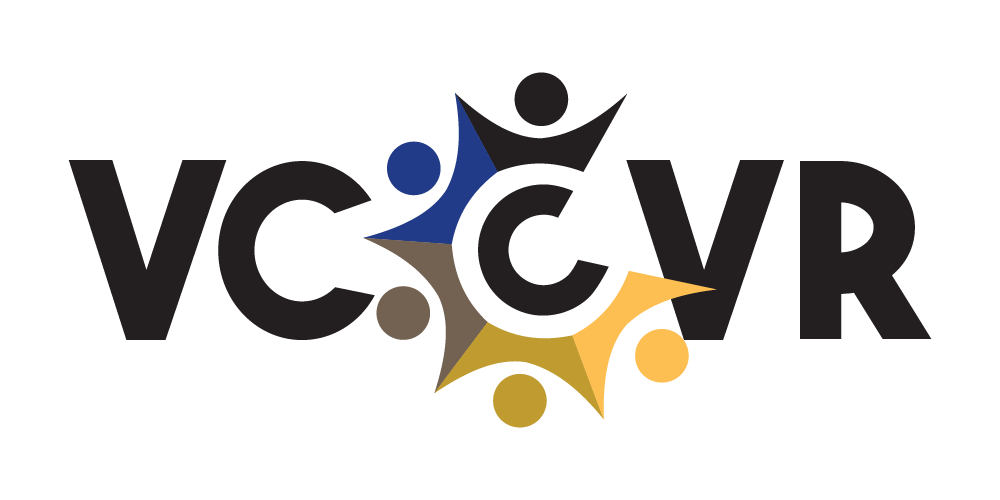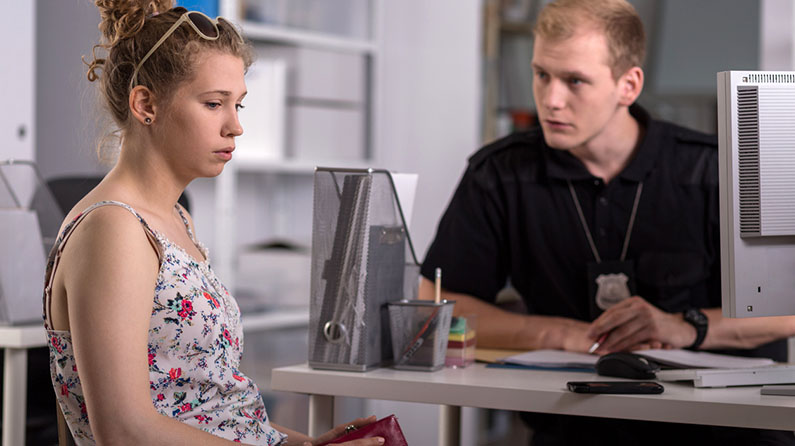If you are a victim of crime, then you may have to cope with challenges that you never expected to face. Although you may be injured or overwhelmed by fear and anger, you may not know what to do next or where to get help. Here are some of the first steps you should take:
- Call 911 if You Have Been Victimized – You can report a crime immediately after it happens. If you do not report the crime right after it happens, however, you can also report the offense by going to the local police precinct or by calling the precinct’s non-emergency number.
- Get Medical Attention – If you are a victim of a violence, see a doctor or go to the hospital as soon as possible after the assault. Injuries that seem to not be very serious at first can get worse over time, so it is vital to visit an emergency room or see a doctor even if you do not think you have been seriously injured.
- Document the Crime – In addition to getting medical attention, you should document the crime. At the scene, photograph any physical injuries or property damage including bruises, cuts, scrapes, torn clothing, and so forth. As the investigation into your case progresses (if you choose to file a police report), keep a list of the names of doctors, hospital workers, police officers, and court officials with whom you speak. Be sure to take note of and write down your conversations with all the above people.
- What to Do if the Abuse is at Home – If the sexual or physical abuse is happening at home, then you should make an escape plan, so you can leave quickly. Put essential items (e.g., medication, important papers, driver’s license, social security card, keys, money, and checkbook) in a place where you know you can easily access them. Also, figure out a place where you can go in an emergency and get information on your legal rights and options.
- Get a Victim Advocate – A victim advocate can help you figure out the next steps to take and offer advice on what legal avenues and protections are available to you. The term “victim advocate” encompasses several different professions including paid and unpaid service providers who specialize in responding to crime victims’ emotional, financial, mental, physical, social, and spiritual needs. The primary role of advocates is to offer advice on how to stay safe and provide information on mental health, medical, and victim services.

